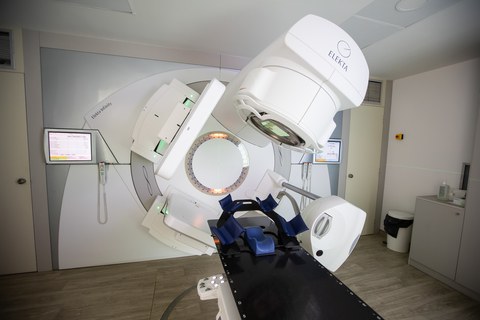Peritoneal Mesothelioma Surgery with HIPEC Can Trigger Blood Cell Problems
More than half of patients who have peritoneal mesothelioma surgery with HIPEC develop problems with their blood cells afterward. That’s the finding of a team of cancer researchers from Singapore. The group analyzed 15 years worth of data on peritoneal mesothelioma surgery outcomes. They found that, even though the procedure saves lives, it can be risky. Older patients and those who had prior chemotherapy were most likely to develop hematological toxicities after peritoneal mesothelioma surgery. Hematological Toxicities and Mesothelioma Treatment Hematological toxicities are problems with the cells that make up the blood. This can include white blood cells, red blood cells, platelets, and proteins involved in bleeding and clotting. Several drugs that kill mesothelioma cells can cause blood cell problems….









